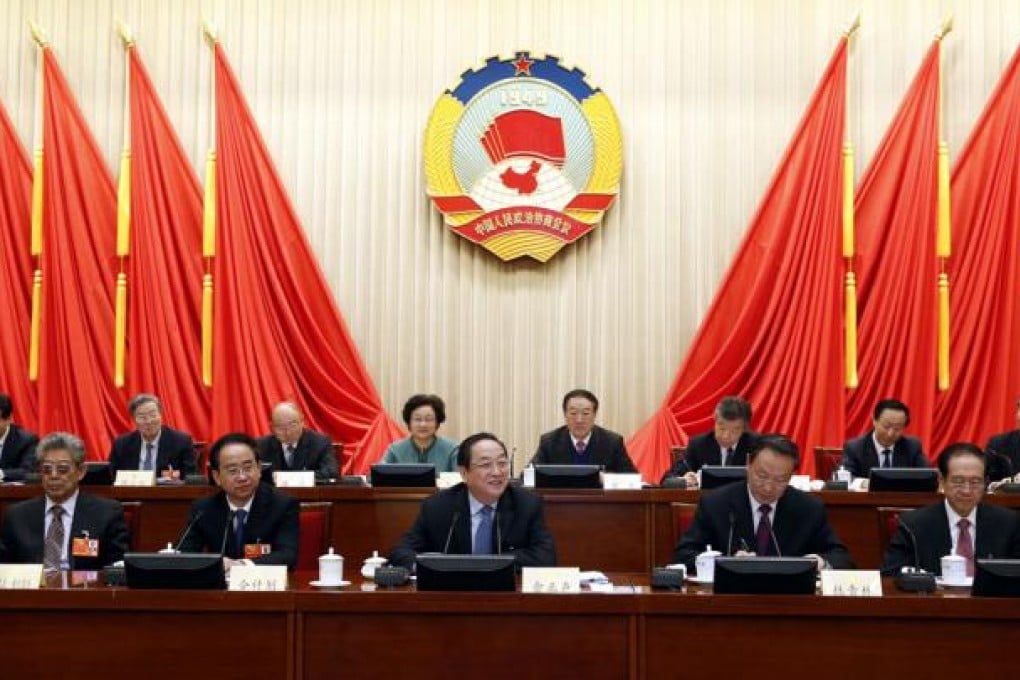Actions of small-minded dissidents won't change Beijing's Hong Kong policies
Lau Nai-keung says anti-Beijing fixation is a sign of political immaturity

To Hong Kong's parochial mainstream media, whatever is happening on the mainland is irrelevant unless it is directly related to Hong Kong or some Hongkongers, or it has attracted international attention. The annual National People's Congress and Chinese People's Political Consultative Conference meetings in Beijing fit both categories, yet so far reports have focused on the pronouncements from top Chinese leaders about Hong Kong and the fact that some Hong Kong reporters were beaten up.
Some people are finding the messages from the two meetings this year rather confusing. Premier Wen Jiabao's last work report was peculiarly terse about Hong Kong, perhaps the shortest and emptiest that anyone can remember.
The new CPPCC chairman, Yu Zhengsheng , made a statement considered to be hardline, but that was balanced by a more conciliatory one by the incoming NPC president Zhang Dejiang .
And the speech by Zhang Xiaoming , the newly appointed head of the central government's liaison office in Hong Kong, didn't mention anything political at all.
This is bewildering, and subsequently sent many pundits into a frenzy of conjecture and speculation: the whispers in the mainstream media and on the political grapevine are that the central government has changed its policy on Hong Kong in reaction to recent events such as the phantom independence movement and the war-cry of Occupy Central.
Such overreactions are but manifestations of political immaturity in Hong Kong. Many people choose to bury their heads in the sand but claim they know everything. The truth is that China's Hong Kong policy has been "one country, two systems; Hong Kong people governing Hong Kong and enjoying a high degree of autonomy" ever since the signing of the Sino-British Joint Declaration in 1984. It has never changed and is not likely to change until 2047, as China has a good reputation of honouring its international commitments.